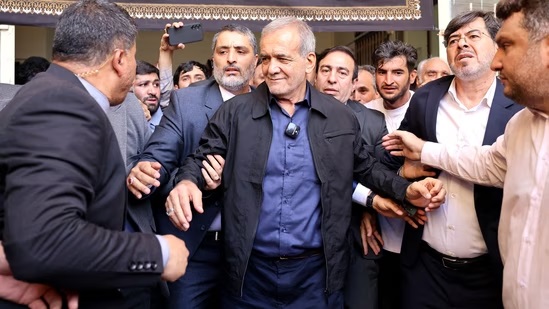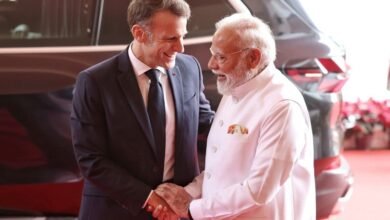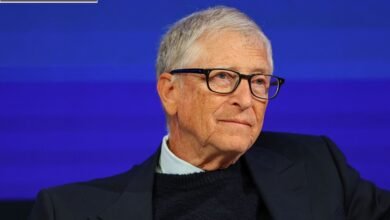Iran’s President-Elect Masoud Pezeshkian Vows to Lead Nation in New Era

News Mania Desk/ Agnibeena Ghosh/7th July 2024
Masoud Pezeshkian, Iran’s president-elect, delivered his first public address from Tehran, promising a transformative period for the country following his victory in the election run-off against hardline opponent Saeed Jalili.
Speaking at the mausoleum of Ayatollah Ruhollah Khomeini, Pezeshkian described his win as the beginning of a new chapter for Iran. He emphasized the challenges ahead, pledging to strive for a prosperous life for all Iranians.
Pezeshkian, viewed as a centrist and reform-oriented figure, secured victory with nearly 16.4 million votes out of over 30 million cast, surpassing Jalili’s 13.5 million votes according to official figures released by the Ministry of Interior.
Acknowledging his responsibility to represent all Iranians, Pezeshkian expressed gratitude for the significant voter turnout and vowed to fulfill the promises he made during his campaign.
Shortly after the results were announced, Jalili gracefully conceded defeat, emphasizing the importance of respecting the will of the people and supporting the new president-elect.
International reactions poured in, with world leaders including Russian President Vladimir Putin congratulating Pezeshkian. However, responses from Western leaders were awaited.
The run-off election, marked by a 49.8 percent voter turnout, showcased a competitive race between Pezeshkian, advocating for openness to the world, and Jalili, a proponent of closer ties with Russia and China.
The election followed a previous round with historically low participation, reflecting some Iranians’ skepticism about the electoral process and its potential for meaningful change.
As Pezeshkian prepares to assume office, he faces the task of resigning from his current parliamentary position in Tabriz. His official endorsement by Supreme Leader Ayatollah Ali Khamenei and subsequent swearing-in ceremony at Parliament are expected within 30 days.
In his address, Pezeshkian underscored his intention to bridge divides within Iranian society, emphasizing his role as a unifying figure amidst social and political fragility.
Analysts suggest Pezeshkian’s presidency could lead to pragmatic shifts in foreign policy, potentially revitalizing stalled negotiations over Iran’s nuclear deal and fostering social liberalization within the country.
However, the ultimate decisions on Iran’s foreign policy rest with broader institutional bodies beyond the presidency, including the Supreme National Security Council.
Looking ahead, Pezeshkian’s presidency will navigate complex domestic and international dynamics, influenced significantly by developments in the United States, particularly the outcome of its upcoming presidential election.
As Iran prepares for a new era under Pezeshkian’s leadership, the president-elect’s ability to implement policies will be shaped by his interactions with various stakeholders and the overarching guidance of Iran’s political establishment.






